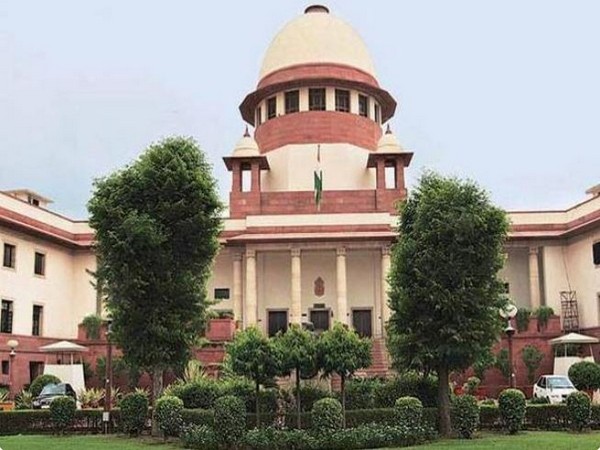Supreme Court Upholds Scheduled Castes and Tribes Sub-Classification
The Supreme Court has upheld a decision allowing the sub-classification of Scheduled Castes and Tribes. A seven-judge bench rejected petitions to review the ruling, asserting that such classification does not breach constitutional provisions. This moves away from earlier judgments and opens the path for more nuanced affirmative action.

- Country:
- India
The Supreme Court has reaffirmed its stance on the sub-classification of Scheduled Castes (SCs) and Scheduled Tribes (STs), dismissing petitions challenging this decision. A seven-judge bench, headed by Chief Justice DY Chandrachud, declared no apparent error in the original judgment handed down on August 1, which permitted such classifications by a 6:1 majority.
The court overruled previous decisions from the EV Chinnaiah case, which did not allow sub-classification, asserting SCs/STs as homogeneous groups. However, the recent judgment argued that Article 14 of the Constitution permits sub-categorization of classes for laws where necessary, with Chief Justice Chandrachud emphasizing the importance of efficiency and inclusion in administration.
Justice Bela M Trivedi dissented, disagreeing with the majority ruling on sub-classification. The bench also highlighted the necessity for state involvement in gathering data on the representation of these classes, suggesting the exclusion of the 'creamy layer' from reservations. The decision provokes significant impacts on policies pertaining to affirmative action within India's backyard.
(With inputs from agencies.)










